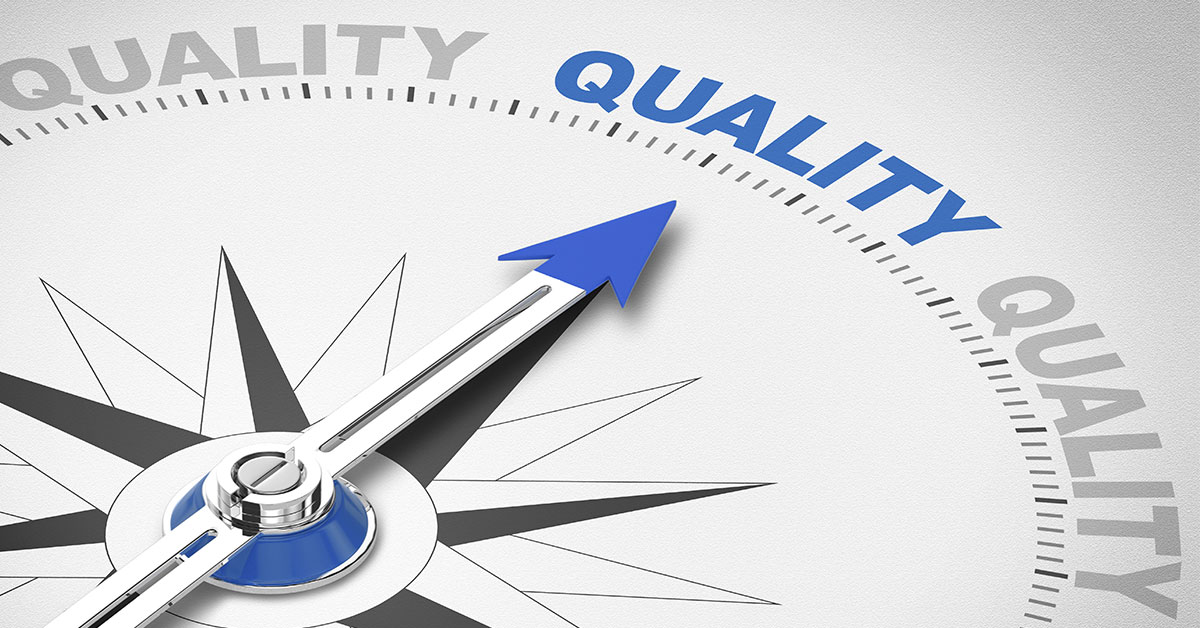Companies mostly charge what they can get away with, often providing various costs to different insurers, and an even higher rate to the uninsured." Healthcare is an unusual item because it is hard, and in some cases difficult, for the client to say 'no.' ... In other cases, there is more time for liked ones to think about expenses, but little psychological space to do so ...
And envision what you would spend for a tv if the salespersons at Finest Buy knew that you could not leave without making a purchase." The cost of U.S. health-care services can vary extremely, a problem typically complicated by the utter absence of rate openness. Normally, clients have no idea of expenses till they get a costs for services already received.
Rates can vary considerably in between different suppliers. Additionally, several studies indicate there is little relationship in between cost and quality in healthcare. Bottom line: Customers seeking to price-shop for health-care services can find it an impossible task, producing a considerable barrier to utilizing market forces to bring down expenses. That said, there's a real concern of how much improved transparency might make a difference.
A huge reason: Lots of health-care choices, specifically the most pricey, are unsusceptible to cost-shopping since they are emergencies, involve in-patient care and/or expense so much that https://gumroad.com/comganw6i8/p/the-single-strategy-to-use-for-how-many-countries-have-universal-health-care the client's out-of-pocket costs will be the exact same regardless. Moreover, many health-care services include physician recommendations. And, the research studies have found, some people who utilize cost-comparison tools choose a more costly choice due to the fact that they associate rate with quality." Rate transparency might become part of the answer, but it plainly isn't the whole response," stated a 2016 analysis in the New york city Times.
Dr. David Hubbard, a heart client from Reno, Nevada, recently came face to face with one of the most impactful problems today: the skyrocketing cost of healthcare. Being in his physician's workplace, according to a recent post in the Wall Street Journal, Dr. Hubbard was shocked to find out that his echocardiogram cost his insurance company $1,605, four times the $373 it paid when he had the More help exact same treatment with the exact same equipment at the same workplace six months previously.
With Respect To A Worker's Health-care Coverage Fundamentals Explained
Hubbard has a high-deductible health insurance and had to pay about $1,000 expense. Why is this occurring? In daily life, many people are accustomed to receiving higher quality by paying more for many types of goods and services. It certainly seems like a typical sense exchange. For example, when purchasing a cars and truck, a greater price generally implies much better engineering or more high-end functions.
In spite of having the most expensive healthcare system in the world, the U.S. ranks last general compared to industrialized nations such as Germany, Australia, and Canada on measures of health system efficiency in crucial locations such as quality, effectiveness, access to care, equity, and the ability to lead long, healthy, efficient lives.
For example, the expense of a service such as an MRI can vary from a couple of hundred dollars to numerous thousand "" for exactly the exact same test. As is typically the case, Medicare pays less for some medical services if they are carried out in a freestanding physician's office instead of a hospital center.

Hubbard's echocardiogram. Today, clients are typically insulated from the costs and consequences of the medical choices they make. Yet we know from research that when clients are Addiction Treatment Delray supplied with access to reasonable, transparent info about the expenses, benefits, dangers, and tradeoffs of health care choices, they tend to select about 30 to 40 percent less treatment and their rate of consumption drops to about the level that their own medical professionals select when they're confronted with those same medical problems.
Wild rate variations in the U.S. healthcare system harmed customers. New approaches that promote open, market-driven dynamics while maintaining option and access to care will go a long method toward addressing skyrocketing health care expenses in the U.S. Patients need to end up being empowered and included in the medical decision-making process. Dr. Hubbard, the Reno heart client, said that when he needed another echocardiogram early this year, he ended up being more involved in the medical decision-making procedure and looked for an independent imaging center that performed the procedure at the insurance company's rate of $265.
How A Health Care Professional Is Caring For A Patient Who Is About To Begin Iron Dextran can Save You Time, Stress, and Money.

It is motivating to see clients like Dr (what does a health care administration do). Hubbard take higher control over their journey through the quickly altering healthcare system. Joe McWilliams is a healthcare strategy specialist and dedicated advocate of a smarter, more efficient health care system. He presently operates in method and marketing at Philips Health care, where he is focused on the recognition and development of new organization models for next-generation health care applications.
He has likewise worked as an expert at Accenture and in service development and licensing at Partners Health care Research Ventures and Licensing, the innovation transfer arm of Partners Health care accountable for buying unique technologies from Massachusetts General Healthcare Facility.
Why is U.S. healthcare by far the most pricey in the world? At more than $10,000 a year per person, and almost 18 percent of all goods and services, healthcare in America consumes approximately twice as much as it does in other rich countries. Fifteen years back, the late Princeton economic expert Uwe Reinhardt authored a paper called "It's the Costs, Dumb." Now, utilizing significantly better data that permit more significant comparison amongst health systems, Harvard scientists affirm that he was right.
Not additional or lost care. Not bureaucracy or a half-dozen other often blamed elements." All the proof is that we have not paid enough attention to costs," says Dr. Ashish Jha of the Harvard T.H. Chan School of Public Health. "And prices are where we are genuinely exceptional - why doesn't the us have universal health care. We're simply greater for everything drug rates, doctor prices, nursing costs, hospital costs, MRI prices." For instance, the report, in this week's Journal of the American Medical Association, discovers: The U.S.
Switzerland is next-highest, at $939. The average for all 11 flourishing nations consisted of in the research study is just $749. A U.S. heart bypass operation costs usually $75,345, according to current data, compared to $15,742 in the Netherlands and $36,509 in Switzerland. A CT scan costs $896 usually in the U.S., versus $97 in Canada, $279 in the Netherlands and $500 in Australia.
All About Which Of The Following Statements Is Not True About Costs In The U.s. Health Care System?
The average U.S. general-medicine physician makes $218,173 a year almost double the average of all 11 countries. American experts make $316,000, while their counterparts take home $98,452 in Sweden and $202,291 in Australia. American nurses make significantly more than in other places, too. Jha says he hopes the brand-new research study will stimulate "a more sincere discussion about what drives much higher health spending in the U.S.
Foremost among the conclusions of the new Harvard paper is that unnecessary care tests and procedures that do absolutely nothing to promote health is not the greatest driver of America's high health costs. There's an excellent stack of evidence to recommend otherwise, including a regularly mentioned estimation that a 3rd of U.S.
The Harvard study acknowledges that Americans get more medical care of some types coronary bypass operations and angioplasties, overall knee replacements, caesarean births and aside from patients in the other nations. Our rates of expensive scans (MRIs and CTs) are also among the highest. However the plain truth stays that the U.S.